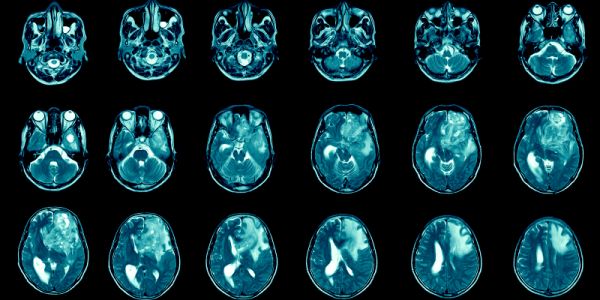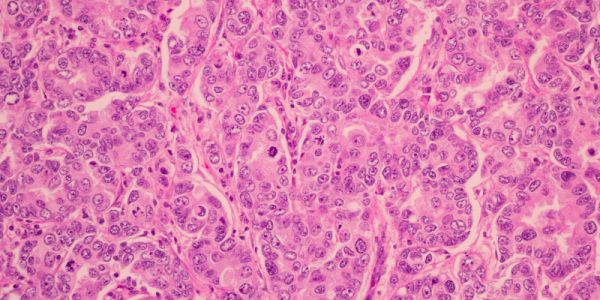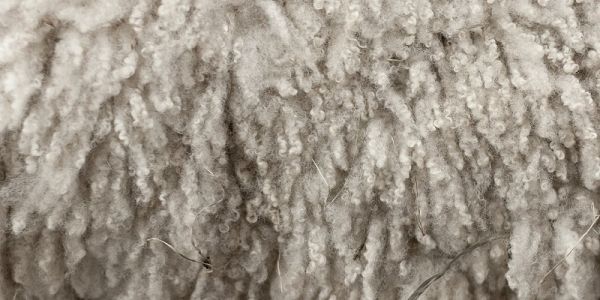
Investigating how scarred hearts affect athletes
New research will monitor the heartbeats of more than 100 athletes over two years to measure how endurance exercise impacts their heart.

New research will monitor the heartbeats of more than 100 athletes over two years to measure how endurance exercise impacts their heart.

A ground-breaking project to develop a new polyester dyeing technology has beaten more than 240 projects in a competition to win a share of the Circular Future Fund.

A potential new approach to treating one of the most common and devastating forms of brain cancer in adults has been developed in a seven-year research project.

Experiencing loneliness appears to lead to a higher risk of future unemployment, according to new research.

Scientists are locked in an arms race to understand the ever-changing structure of proteins, argues a Nobel Prize winning structural biologist.

Patients experiencing long COVID are receiving “inconsistent advice” on how to resume physical activities, according to a major study.

The number of people living with atrial fibrillation – a dangerous heart condition and major cause of stroke – has increased by 72% in England over the last two decades, according to new research.

A new way of using artificial intelligence to predict cancer from patient data without putting personal information at risk has been developed.

Experts in the field of land management and carbon sequestration are highlighting wool’s unique properties and the positive contribution sheep can make to the continued wellbeing of the planet.

Without significant increases in the speed and ambition of climate action, limiting global warming to 1.5°C will be beyond reach, according to a major international report published today.